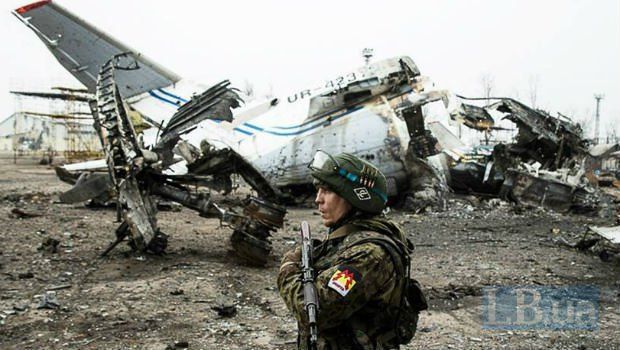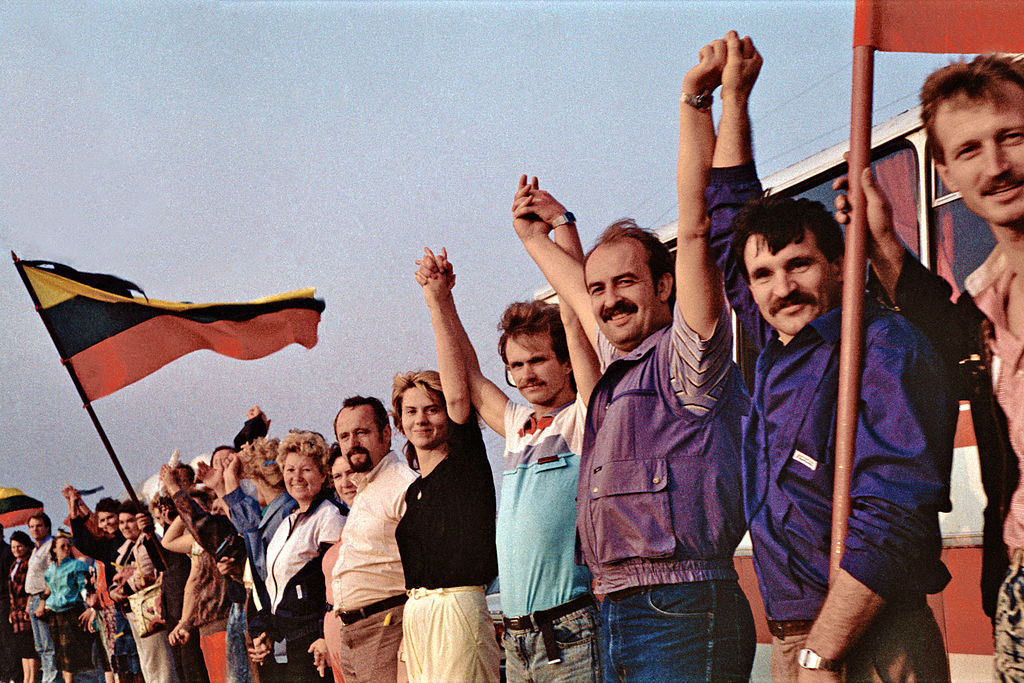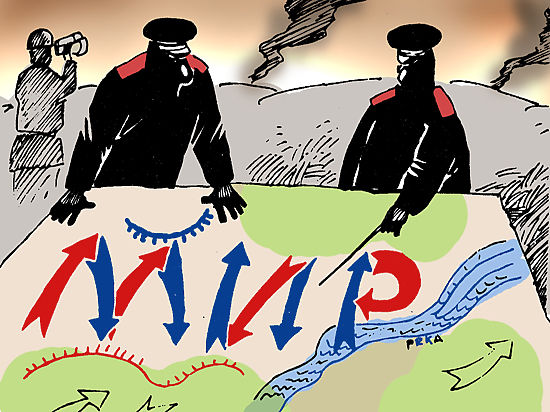Yesterday, Yuri Lutsenko, the leader of the Poroshenko Bloc in Ukraine's Verkhova Rada, said that the probability of the renewal of military actions in eastern Ukraine was “more than 80 percent,” a statement that underscores analyst Andrey Illarionov’s argument in Tallinn that “there is no non-military solution” for the war now going on in Ukraine.
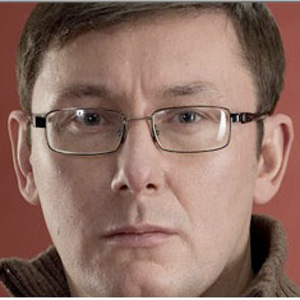
Speaking on Inter
television, Lutsenko said that pro-Moscow forces in eastern Ukraine were now at the highest level of readiness for an attack they had ever been since Vladimir Putin launched his intervention in Ukraine and that it seems clear that “the fighters are preparing for an attack.
Meanwhile, speaking at the Lennart Meri Conference in the Estonian capital, Illarionov argued that the war in Ukraine will end only as the result of the use of force: either more by Russia or by Ukraine backed by the West.

In support of his argument, the Russian analyst pointed to the very different outcomes in Putin’s war against Georgia in 2008 and his current aggression against Ukraine. In August 2008, US President George W. Bush moved American forces toward Georgia, a step that “helped stop the Georgian war.”
But, he continued, “President Barack Obama on February 27-28, 2014, excluded the use of force when Russia began the seizure of Crimea.” That constituted “a clear signal” to Putin that the West would not act and that he could continue to pursue with impunity his aggression against Ukraine more generally.
“If the US does something,” in this view, “then Russia immediately acquires the right to do the same thing. If the US uses military force, Russia can use it as well. If the West recognizes Kosovo, then Russia gains the right to recognize Abkhazia and South Osetia” – and so on, Illarionov suggests.
In his remarks, the Russian analyst made two additional points worthy of note.
- On the one hand, he said, “Putin is dividing Europe in two: the Anglo-Saxon countries and the so-called front line states (the Baltics, Romania and Poland) who are enemies which must be subordinated, and the countries of continental Europe who are friends.”
- And on the other hand, Illarionov said, “there is no other leader who has been using so many different means” to achieve his ends: military, economic, information, terrorist and so on. Putin has combined them all and with great success: By offering deals to the Europeans, he has succeeded in creating a situation in which almost no one talks about Crimea anymore.
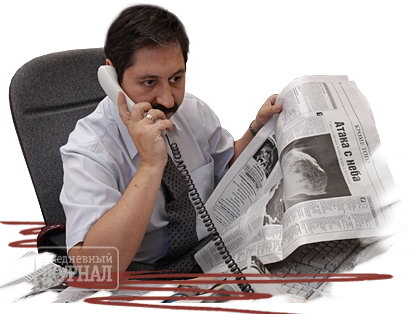
In today’s “Yezhednevny zhurnal,” Aleksandr Golts suggests that the discussions at the Lennart Meri Conference may point to dramatic changes in the West’s response to Russia’s actions in Ukraine, changes that Moscow has brought on itself by its actions and will have no one but itself to blame.
And that is hardly the only place where the participants in the Lennart Meri Conference
pointed to more changes ahead. NATO has already agreed to put NATO forces in Estonia, Latvia and Lithuania on a rotating basis. At the conference, Estonian President Toomas Hendrik Ilves argued that having permanent NATO bases there should follow.
Those who think that the NATO-Russia treaty precludes this, Ilves said, are misinterpreting that agreement. And Golts said that he “suspects that the time when the alliance will agree” with President Ilves’ interpretation is “not far distant,” another way in which Moscow has produced by its actions exactly what it said it was taking them to prevent.
“Finally,” Golts writes, “in the course of the conference, some truly revolutionary ideas were expressed. For example, about depriving the permanent members of the UN Security Council of a veto when they are involved in direct aggression and thus to create the possibility for their punishment.”
“Of course,” the Moscow author says, “it is quite easy to ignore all that was said at the conference in Tallinn. [NB: He spelled the Estonian capital with two N’s, not one, as Russians typically do.] What won’t these arrant Russophobes from the Baltics say! Only I suspect,” Golts continues, “this is the first attempt to respond to Russia’s actions in Ukraine.” [NB: Here he uses “na” as Putin prefers rather than “v” as Ukrainians do.]

